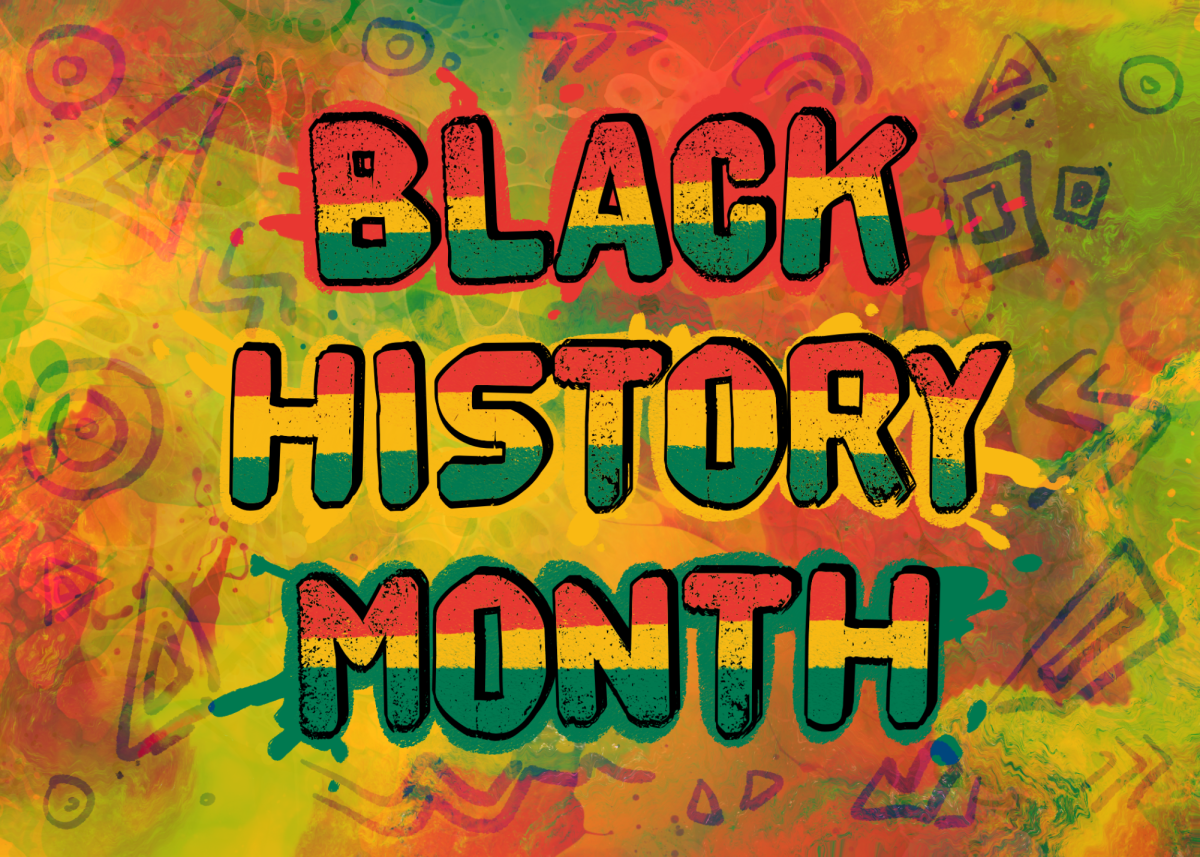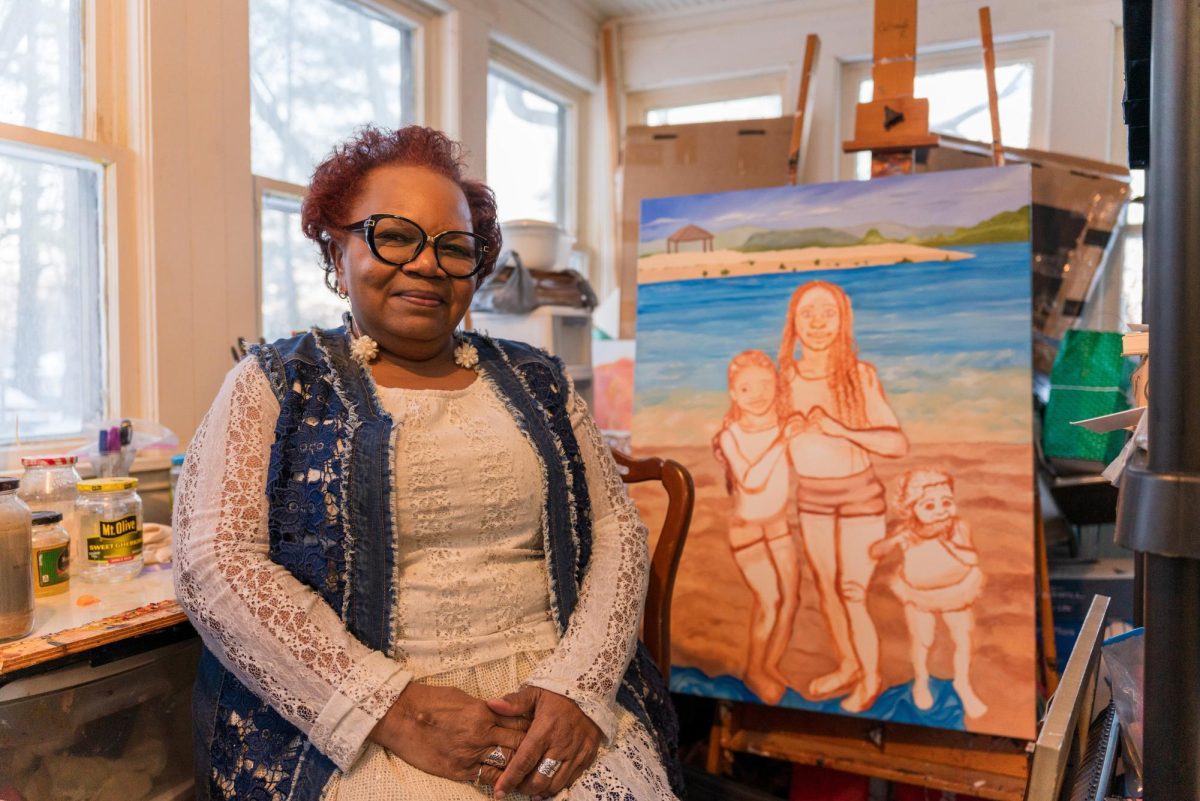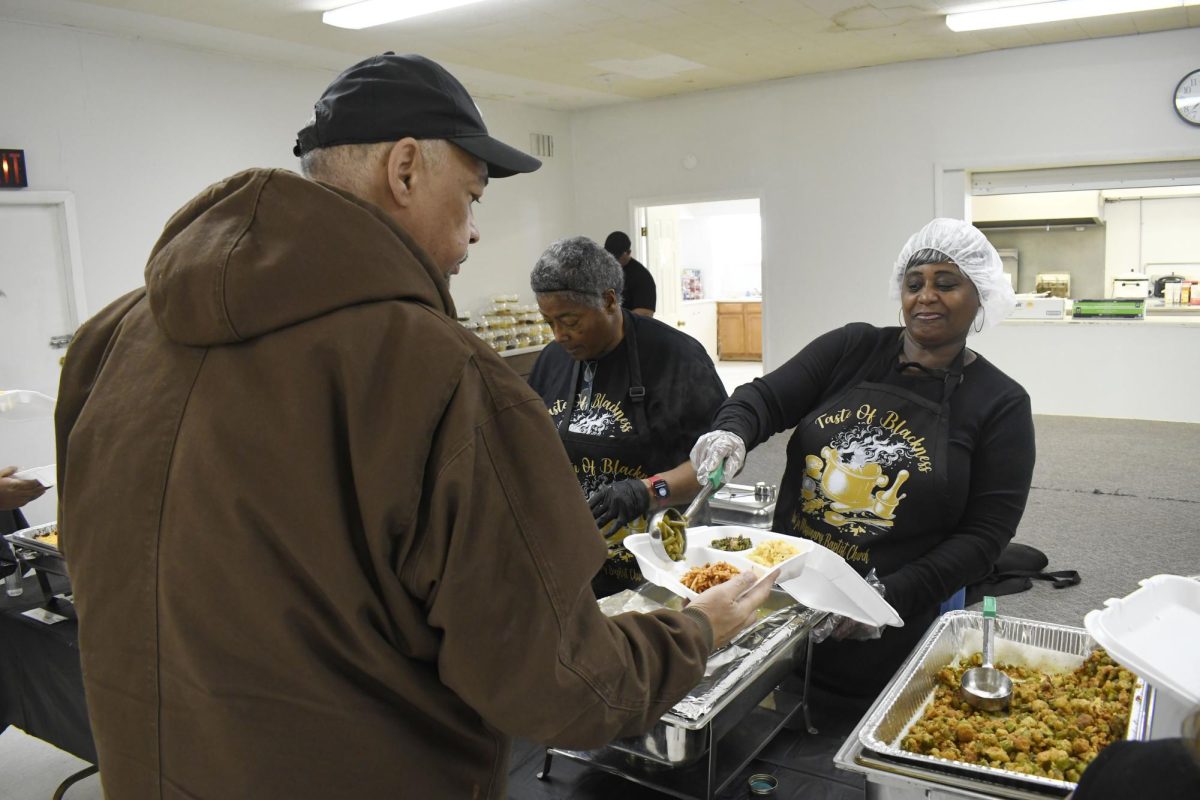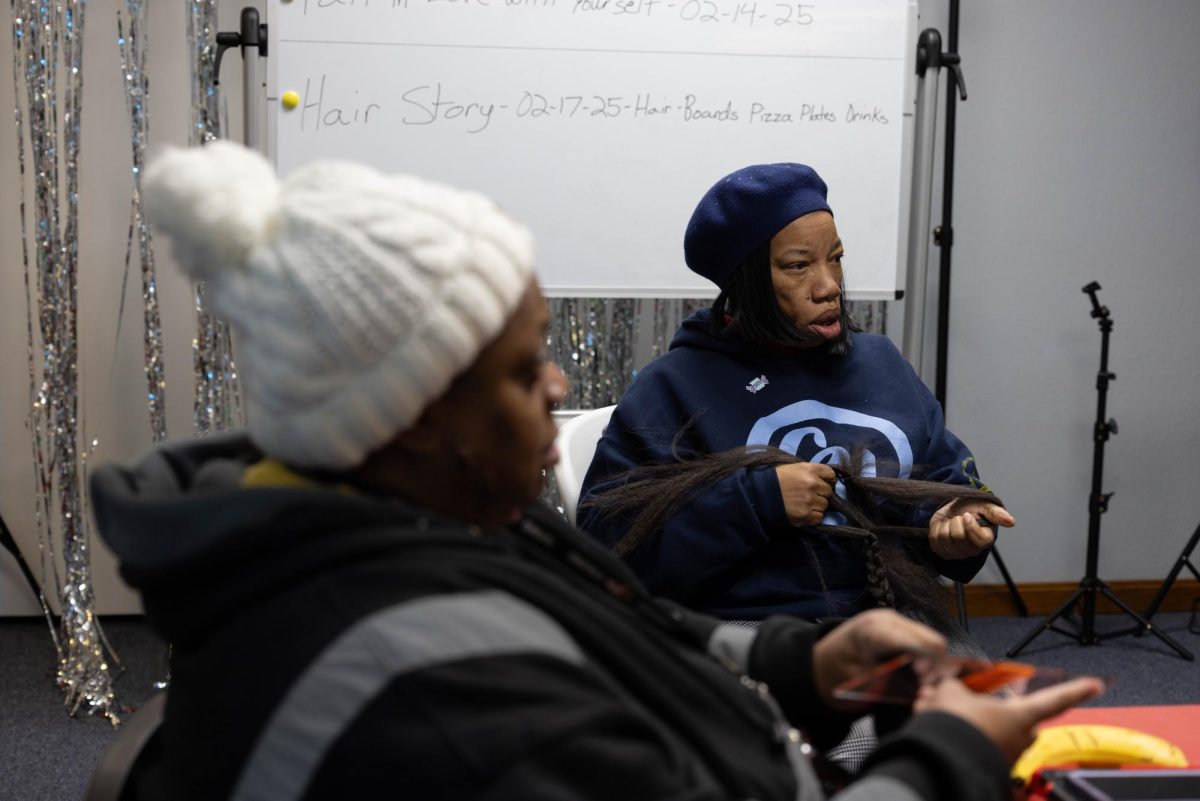On Jan. 31, the Department of Defense announced in a statement that it will not use official resources, such as staff time, to hold celebrations for cultural awareness months. This decision affects events for National African American/Black History Month, Women’s History Month, Asian American and Pacific Islander Heritage Month, Pride Month, National Hispanic Heritage Month, National Disability Employment Awareness Month and National American Indian Heritage Month.
Pamela Smoot, an assistant professor at SIU who specializes in African American history and archival administration, spoke at a black history event on Feb. 3 at SIU, stating, “But guess what? We are going to continue to celebrate African American contributions in this country.”
Advertisement
“The Journal of African American History was established by associated publishers in 1921 when white publishers refused to acknowledge the scholarly works of African Americans,” Smoot said.
This refers to the systemic exclusion of Black scholars from mainstream academic publishing, reflecting the broader racial barriers of the early 20th century.
In 1937, Carter G. Woodson established the Negro History Bulletin to provide middle and high school educators with resources and lesson suggestions for teaching African American history in their classrooms, Smoot said.
Advertisement*
“Following his tenure as principal, he was the dean of the School of Liberal Arts and head of graduate faculty at Howard University,” Smoot said. “He later served as the dean of West Virginia College Collegiate Institute, now Western Virginia State University.”
In 1922, Woodson stepped away from his teaching career to focus on writing about race and its historical context. As Woodson established the groundwork for the study of African American history, he introduced “Negro History Week” in 1926, according to Smoot.
“Negro History Week occurs in February to coincide with the birthdays of Abraham Lincoln and Frederick Douglass,” Smoot said. “In 1976, U.S. President Gerald Ford designated Black History Week as Black History Month, extending the celebrations.”
“Black History Month is celebrated not only in the United States but also in Canada, the United Kingdom, Ireland and even the Netherlands,” Smoot said. “Most recently, there has been a movement to eliminate African American history from curriculums across the United States.”
Carbondale NAACP President Linda Flowers and Vice President Melissa McCutchen, also shared their thoughts on the issues in an interview.
“Slavery is what the country was founded on, and even the founding fathers shouldn’t have the declaration where they said all men are created equal. They didn’t mean all men. They meant all white men.”
The White House announced on Jan. 31 that Donald J. Trump, the President of the United States, officially declared February 2025 as National Black History Month. He exercised his authority under the Constitution and U.S. laws to make this proclamation. In his announcement, he encouraged public officials, educators, librarians, and all Americans to recognize the month by hosting various programs, ceremonies and activities.
“On one hand, (Trump) promotes National Black History Month, yet on the other hand, he cuts all funding from all federal programs and pushes through harmful legislation. This approach inevitably impacts those who are already struggling, particularly people of color who are disproportionately affected in this country. I believe the core issue revolves around voting. We can point to many of his promises, especially regarding the deportation of undocumented immigrants and other hurtful actions he has taken, and it’s evident that he is following through on a lot of those commitments,” Flowers said.
Flowers told the Daily Egyptian that Black History Month would never stop, and neither would Juneteenth. Carbondale will continue its week-long celebration of Juneteenth and its history.
“In Carbondale, we already had a Black History Month plan before the inauguration on Jan. 20, and so. We can’t listen to him. We can’t trust him,” Flowers said.
Flowers express concern over the recent actions and statements made by Trump that appear to undermine the importance of Black History. McCutchen then goes on to say what Black history means to the people.
“I believe that Black History Month is a time to celebrate the significant contributions that African Americans have made to both the United States and the world,” McCutchen said. “It allows us to reflect on our local communities as well as the broader society. This month serves as an opportunity to recognize the progress that has been made over time—from the challenges faced in the past to the advancements achieved in the ongoing struggle for equality and justice. As for DEI, I don’t think that it stops anyone who has made up their mind that they’re going to be successful. It may make it more difficult, but it doesn’t stop them.”
“When people are resilient, they know how to continue to move forward and respond when faced with adversity,” McCutchen said.
Celebrating Asian American or Hispanic Heritage Month also recognizes those who have contributed to American history and kids in the educational system may not be aware of contributions made by people of their ethnic background because it is excluded from curriculum, she said.
McCutchen said Juneteenth has been observed for many years prior to its recent designation as a national holiday.
“I don’t think people will stop celebrating it, even if it’s not recognized at the national level unless if it were made illegal, that would be a different scenario,” she said. “People in the military might not get accommodations, but those in the community who value their heritage will continue to celebrate,” McCutchen said.
She highlights the resilience of communities that cherish their history and contributions, regardless of official acknowledgment.
McCutchen said, “Black History Month was established by Carter G. Woodson in the 1920s to make note of the contributions of African American people because they were excluded…Celebrating people’s victories is a beautiful thing.”
Councilperson Nancy Maxwell made statements as well about Black history in an interview with the Daily Egyptian.
She highlights the extreme and unjust barriers that were put in place to suppress Black voters, particularly through literacy tests designed to be impossible to pass. These discriminatory practices were a hallmark of the Jim Crow era, a period of legalized segregation and systemic exclusion in the American South. Under Jim Crow laws, Black citizens faced numerous obstacles to voting, including poll taxes, intimidation, and absurd literacy tests like the one mentioned—tactics deliberately crafted to uphold white supremacy and deny fundamental rights.
“Even if you are racist and you don’t feel something then something’s wrong with you. They had the voting booth and if you can pass this test, you can vote but the questions were kind of like impossible how many bubbles is in a bar of soap? That’s one of the questions,” Maxwell said.
Traditionally attention has primarily been given to a select few holidays, such as the Fourth of July, while occasions like Juneteenth, Black History Month and the months honoring LGBTQ and Hispanic communities have received minimal recognition according to Maxwell. However, these observances have started to gain more visibility in recent years, particularly in the wake of George Floyd’s death during an interaction with a white police officer.
There has been a wave of evolving recognition of diverse histories and identities.
Maxwell said, “Now, there’s a push to dismiss this historical context, suggesting that people shouldn’t be concerned with their past. This trend is quite troubling.”
Advertisement























